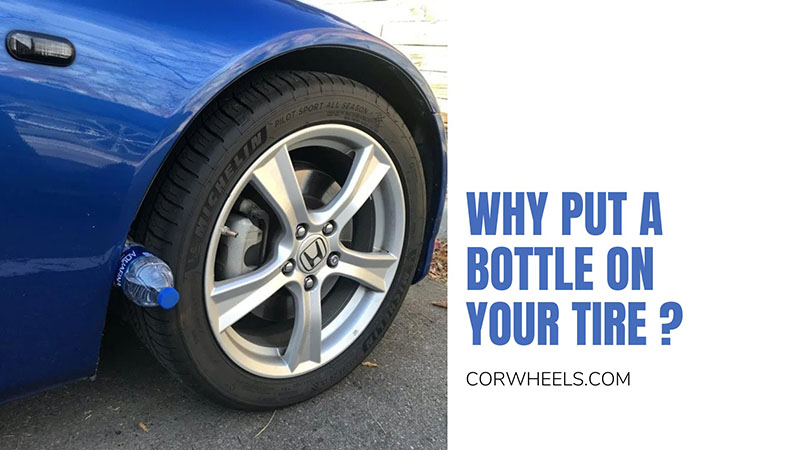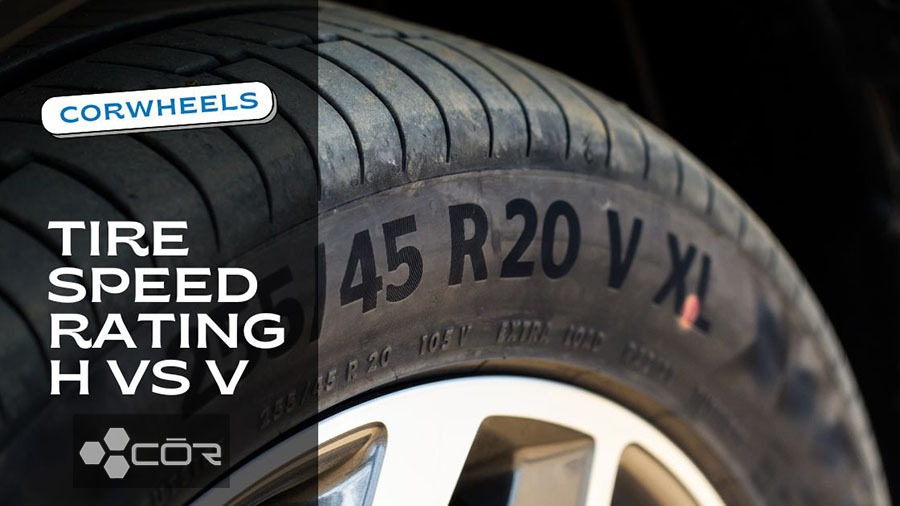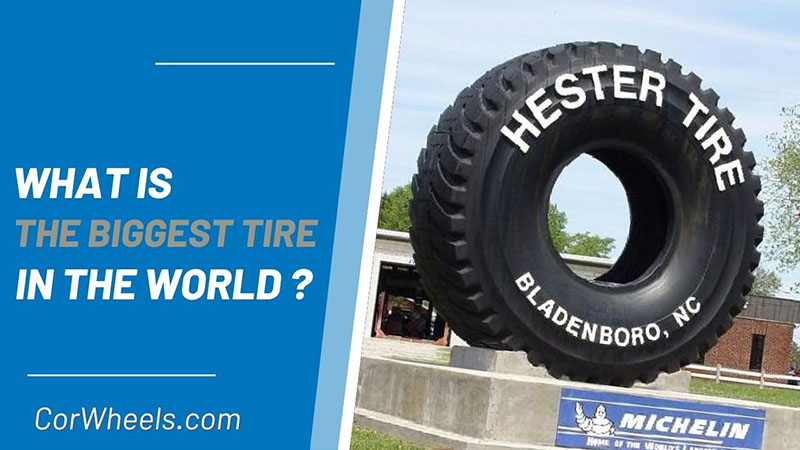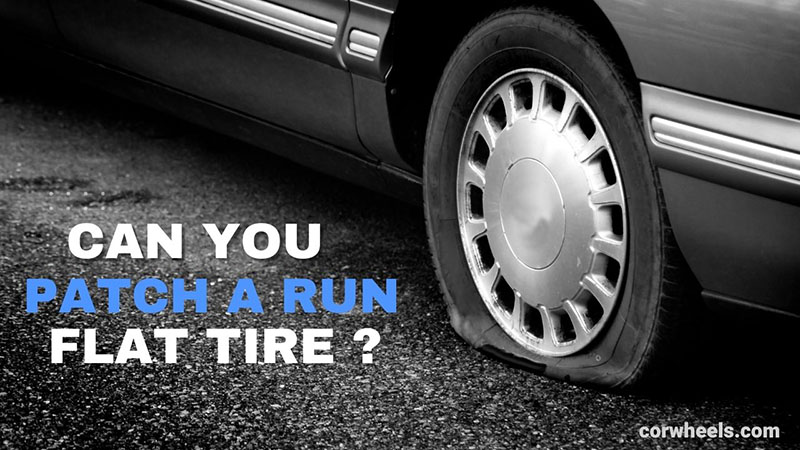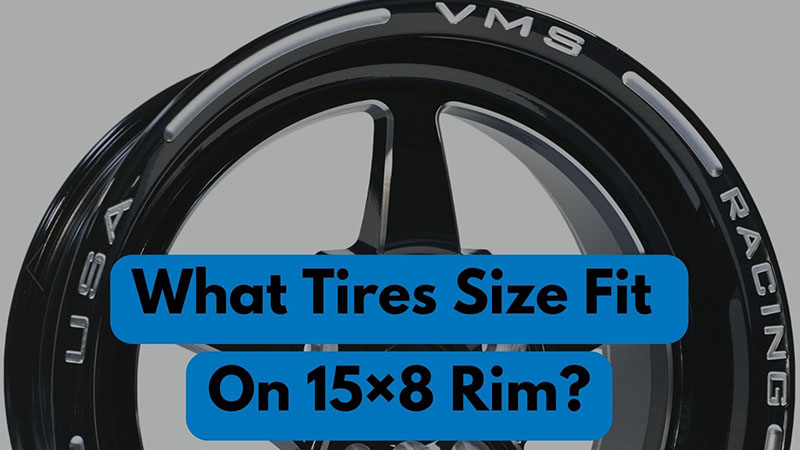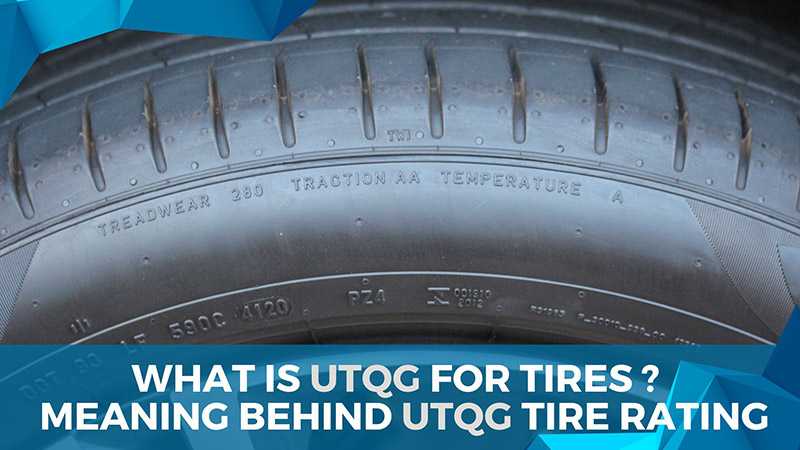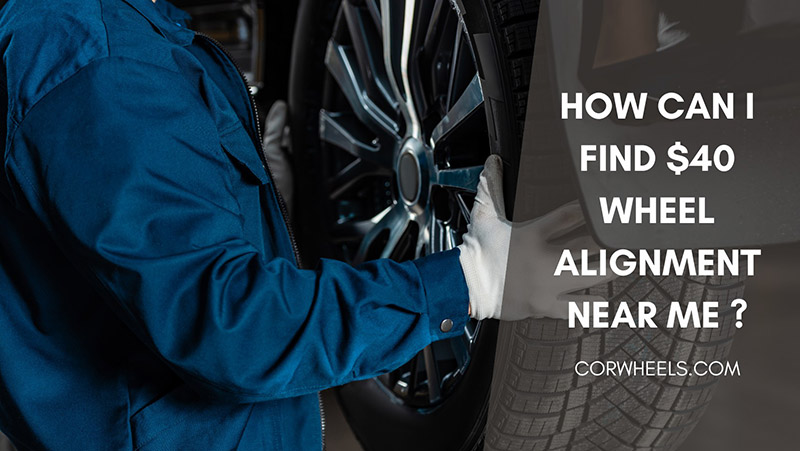A widespread tip among car drivers in recent months is to put a bottle on the car tire after parking. Among thousands of weird-sounding urban stories, this is definitely the strangest one. What does a plastic bottle have anything to do with car parking? Why should you jam a coke bottle in your tire?
Our article will delve further into the issue to confirm the truth and whatnot. Let’s see what surprises await!
In this article:
Should Drivers Put Plastic Bottles On Their Parked Cars?
No. Turns out this so-called tip did not even exist in the first place!
Everything started almost two years ago in 2021: an online ad plastered a photo of plastic bottles on the tire of a parked vehicle – above a huge caption that reads: “Always Put Plastic Bottles On Your Tire When Parking Cars. Here Are The Reasons Why.”
Another variation also claims: “Jams Plastic Bottles In Your Car Tires During Travels.” Such news has popped up on numerous websites along with other legitimate stories, prompting readers to assume this bottle tip is genuine.
The label “Akba (Aqua)” on the bottle in these posts implies the rumors started in Russia. Experts tried to trace the original source based on that information, which led them to a slideshow article on a page named “Richouses.” Its title is “Vehicle Maintenance Tricks To Keep Your Car In Great Condition,” with pictures of plastic bottles on car tires that look similar to the online ad above!
Nevertheless, nothing in the article mentioned putting bottles on tires. Professionals have flipped through every SINGLE page on the website – yet failed to find the exact sentence that advises drivers to “place a bottle on your car tire when parked.”
A few more investigations reveal that the misleading ad is actually a twist from 2018 rumors, which mentioned plastic bottles as a common thief tool for criminals. What does that mean? Let’s scroll to the next section.
Why Do People Place A Bottle On Your Tire?
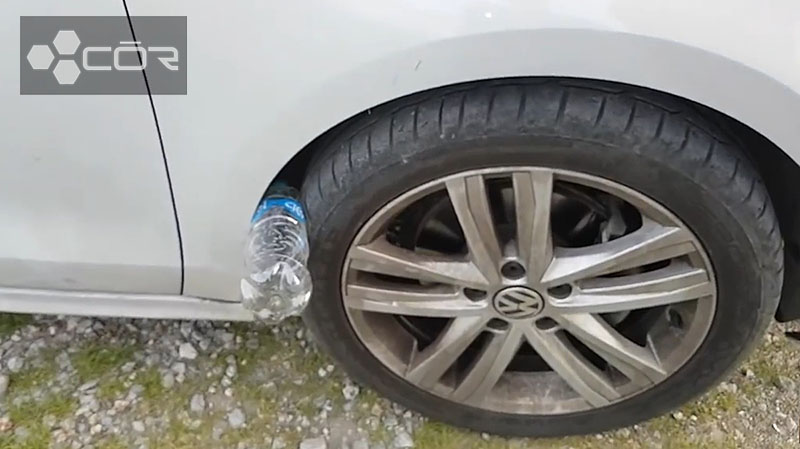
Stories have been circulating online about a simple – yet malicious – trick criminals often use to steal vehicles. It basically works like this:
- The thief puts an empty bottle on the car’s tires (likely from its passenger side).
- You will enter the car’s driver side without noticing the bottle. As the engine starts, the bottle will cause unexpected crunching noises.
- You exit the car to inspect the strange sound.
- While you are at it, the thief smoothly enters the running car and drives off. But if you have fortunately remembered to turn the car off in the first place, then the thief will only grab some small, personal items instead.
In short, the “plastic bottle” strategy is apparently devised to misdirect drivers’ attention, enabling criminals to commit their theft more easily.
What Should You Do If There’s A Plastic Bottle On Your Tires?
While the trick is not super common, we cannot guarantee it will not happen! So what to do, then?
Professionals and experienced folks suggest dialing 911 immediately if you see any plastic bottles. Alert the police about what is happening and provide them with details about the vehicle and its location. That way, should any unfortunate mishaps occur, the police are already on it!
Another great tip is to walk around the car quickly every time you return to its parking space (likely after a trip to the mall or grocery store) and double-check that the car is still locked. Even if anyone is targeting your vehicle, they cannot try anything risky at all.
Other Tips to Prevent Car Theft
- Lock The Doors: Locking your door should be the first step towards deterring thieves. Make it a habit to check the door every time you get out of the car.
- Remove The Keys From Your Car: Never leave the keys in their ignition – it’s like a direct invitation for criminals! They will break the windows and drive away in an instant.
Even if you just get out quickly for small errands, always remember to extract the keys first.
- Never Leave Spare Keys Near Your Car: Treat your spare key like you do the main one: always bring them with you when exiting the car.
Some drivers like to keep their spare in glove boxes or under the vehicle – so that they can still get into the car in case the main key is lost. However, seasoned thieves can easily find such spots; the best bet is to avoid them altogether!
- Close The Car’s Windows: Always keep them tightly shut. A wide-open window allows thieves to reach easily inside the car, taking whatever they can get – or worse, unlocking the doors to seize complete control of the entire vehicle!
- Park In Bright Areas: Stay away from poorly lit places – or secluded areas not seen immediately by passers-by. Instead, opt for high-traffic, bright parking spaces; thieves will likely step back for fear of witnesses.
FAQs
1. Can Plastic Bottles Cause Tire Damage to Your Car?
No. They are just like any other offending object on the road (paper, debris, etc.) – completely harmless. While the rumors of water bottle tricks for drivers are not true, there’s no proof that these bottles will affect the car’s performance, either.
2. Are Water Bottle Scams That Common Among Thieves?
No. As far as we are concerned, we haven’t seen any reports about criminals ACTUALLY using this trick in practice; all are just rumors at this point. Still, better be safe than sorry!
Conclusion
Our guides have debunked all misguided stories about water bottles on car tires.
While we are thankful that such tricks are not that popular yet among potential criminals, it would help if you still keep in mind our tips above (locking doors, closing windows, etc.) to shoo these bad guys away.
See more: How To Tell If Your Tire Was Slashed?

